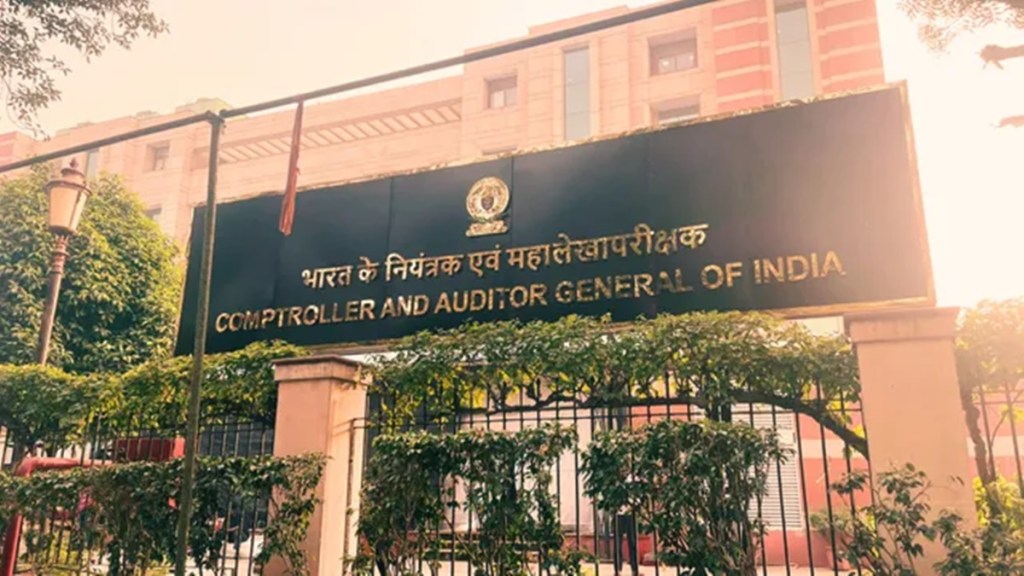The previous Aam Admi Party (AAP) government’s excise policy in Delhi led to a loss of Rs 2,002 crore to the city government, the Comptroller and Auditor General of India (CAG) said in its report flagging several discrepancies in the policy.
The excise policy scam allegations have led to the investigation and arrest of former Delhi chief minister Arvind Kejriwal and former deputy chief minister Manish Sisodia, who are on bail now. The CAG report, which the previous AAP government held back, was tabled in the Delhi assembly on Tuesday by the newly elected Bharatiya Janata Party government.
CAG audit observed several discrepancies in the way the excise department monitored and regulated the supply of liquor in Delhi.
In excise policy for the period 2017-21, it found violations in award of licenses, lack of transparency in the pricing of Indian Made Foreign Liquor (IMFL) inadequate quality control, weak regulatory functioning, poor execution of enforcement function and lacunae in end to end tracking of inventory.
The department issues several types of Licenses to wholesalers, retailers, hotel, clubs and restaurants (HCR) etc., and annually reissues or renews the licenses subject to fulfilment of criteria laid down for the respective license category for the year. CAG audit observed that the department could not ensure the implementation of Rule 35 of Delhi Excise Rules, 2010, which prohibits issue of multiple licenses of different category (wholesaler, retailer, HCR etc.) to related parties, leading to the existence of common directorship among entities holding various license types.
On the new excise policy (2021-22), CAG said while some retailers retained licenses till the expiry of the policy period, some surrendered the same before the policy period was over. As retail licensees were limited in numbers, it caused disruption in supply because the policy did not contain any provision requiring the licensees to give advance notice before surrendering the license. Further, there was a revenue loss of approximately Rs 890 crore to the government as it did not retender the surrendered retail licenses.
In spite of being aware that vends were required to be opened in non-conforming wards in order to achieve the objective of equitable distribution, the department did not take timely action to work out modalities leading to non-achievement of the objective. It also resulted in loss of revenue of approximately Rs 941 crore due to exemptions which had to be given to the zonal licensees.
Despite being mentioned in the conditions of the Tender Document that any commercial risk shall lie with the licensee, clarification provided during the pre-bid meeting that there is no provision for force majeure and against the opinion of the Excise Department to relax the license fees, a waiver of license fees of Rs 144 crore was granted to the zonal licensees on the basis of Covid restrictions (28 December 2021 to 27 January, 2022), resulting in loss of revenue to the government.
The excise department is a major contributor with approximately 14% of Delhi’s tax revenue.
Apart from the multiplicity of stakeholders, there is a multiplicity of heads under which the excise department collects revenue, i.e., excise duty, license fees, permit fees, import/export fees etc. on Liquor products

